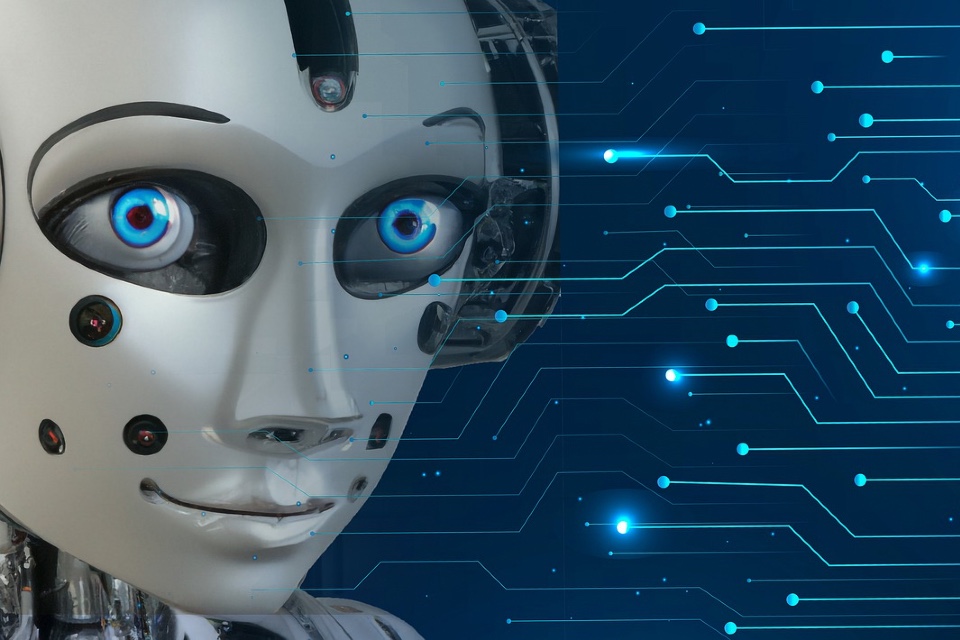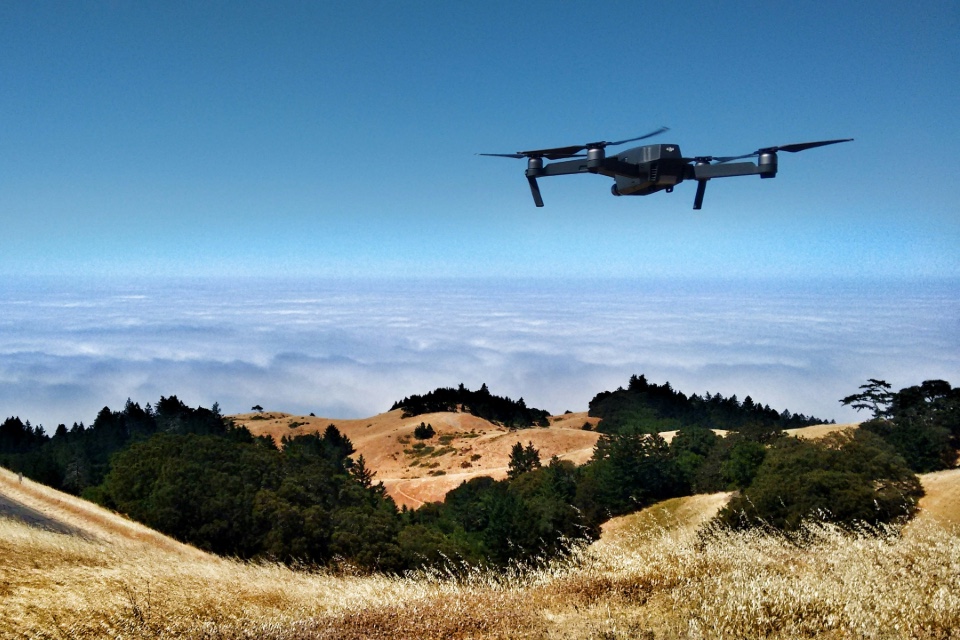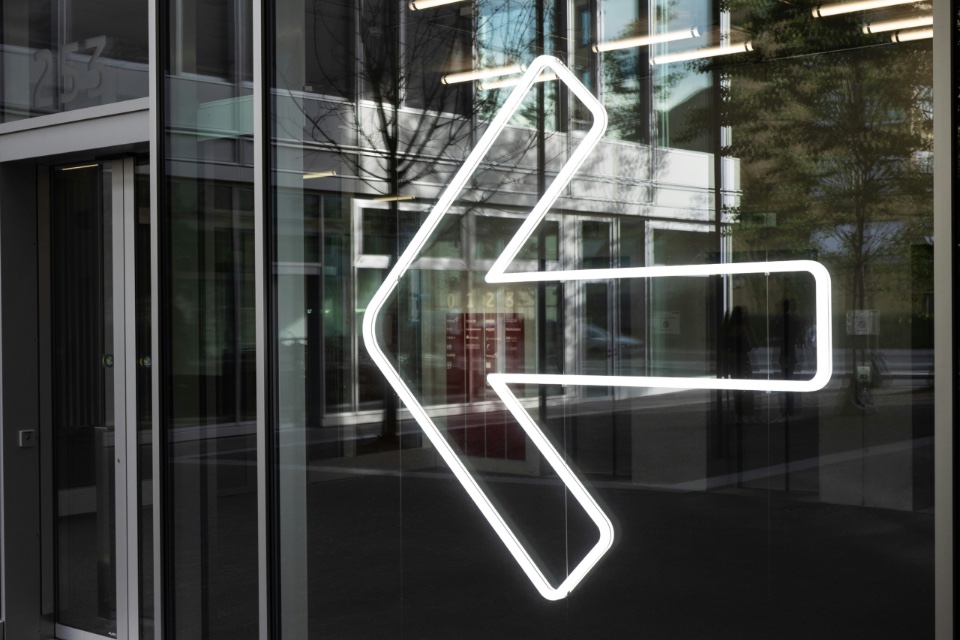Artificial Intelligence (AI) is revolutionising various sectors, and one area where its impact is becoming increasingly significant is in the realm of physical security. From surveillance systems to access control, AI-powered solutions are reshaping how we safeguard our physical spaces…
Enhanced Surveillance
One of the primary applications of AI in physical security is in surveillance systems. Traditional closed-circuit television (CCTV) cameras are being upgraded with AI algorithms that enable intelligent video analysis. AI-powered surveillance systems can detect and track suspicious activities, unauthorised access, and unusual behavior patterns. Through real-time monitoring and analysis, these systems can provide early warning alerts, minimising response times and enhancing overall security effectiveness.
Facial Recognition and Access Control
AI has also ushered in advancements in access control systems through the implementation of facial recognition technology. Facial recognition algorithms can accurately identify individuals, granting or denying access based on predetermined criteria. This technology enhances security by eliminating the vulnerabilities associated with lost or stolen access cards or passwords. It also allows for efficient management of access permissions, making it easier to track and control entry to restricted areas.
Predictive Analytics
By leveraging AI and machine learning algorithms, physical security systems can now employ predictive analytics to assess potential threats and vulnerabilities. These systems analyse vast amounts of data, including historical patterns, weather conditions, and social media feeds, to identify potential risks. With predictive analytics, security personnel can proactively respond to emerging threats and allocate resources more effectively, thereby preventing security breaches.
Autonomous Security Robots
AI-driven autonomous security robots are another noteworthy innovation in physical security. Equipped with sensors, cameras, and AI algorithms, these robots can patrol and monitor large areas autonomously, relieving security personnel of routine tasks. They can detect intrusions, collect real-time data, and transmit information to a central control center. These robots not only augment security capabilities but also provide a visible deterrent to potential wrongdoers.
Intelligent Incident Response
When security incidents occur, AI can play a vital role in expediting response times and minimising damage. AI algorithms can analyse data from multiple sources, such as security cameras, alarms, and sensors, to identify the nature and severity of an incident. This real-time analysis enables security personnel to make informed decisions promptly, facilitating swift responses and appropriate deployment of resources.
The integration of AI into physical security systems is revolutionising how we protect our physical spaces. From enhanced surveillance and facial recognition to predictive analytics and autonomous security robots, AI brings numerous benefits to the field of physical security. By leveraging the power of AI, organisations can bolster their security measures, mitigate risks, and respond more effectively to threats.
However, it is essential to address ethical considerations and ensure the responsible and transparent use of AI in physical security to strike the right balance between safety and privacy. As AI continues to evolve, we can expect even more innovative applications and advancements that will shape the future of physical security for the better.
Image Credit
https://pixabay.com/photos/ai-generated-science-fiction-robot-7718658/






